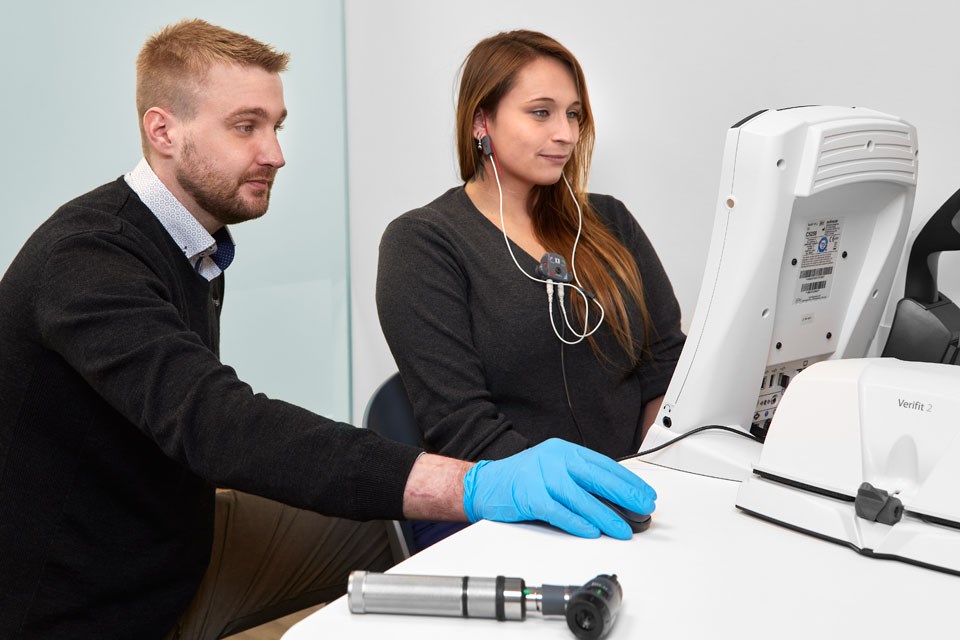Jillian Price, Director, Audiology & Client Experience and Chief Audiologist with Hearing Life Canada, explains, “Hearing loss does not get the recognition it deserves. It is one of the five senses. You can watch a TV program on mute and you won’t get the context. But you can listen to a program and not watch it and your senses will follow along. That is the difference hearing makes.”
She continues, “People don’t leave problems with their vision; they do something as soon as it starts to fade. Why not with the hearing? We put it off until we can’t anymore but then struggle with the recommendations of treatment. As an audiologist, that baffles me. I understand the importance of hearing but not why it is so difficult for people to accept the treatment options, knowing how well they can help.”
Price believes that part of the issue in seeking help is the stigma of large, bulky hearing aids. With today’s sleek options, nearly invisible aids are possible. Additionally, she feels many people overlook the loss because for most, it is very gradual.
Normal hearing happens at 25 dB. Mild loss starts at 25-26 dB when quiet noises or listening through background noises becomes difficult. At 40-60 dB, one must turn up the radio or TV to hear it and the quietest sounds fade away. With loss at 61-80 dB, conversations are difficult and full hearing is not possible without an aid. With loss at or over 81 dB, all soft sounds and even loud sounds can be out of the range of hearingeven an airplane is out of the range of hearing.

“When you can’t hear properly you start to hold back from communicating,” Price points out. “People withdraw when they can’t hear, and this is actually a factor in isolation and depression. Loss of hearing has a big pshycological affect – its not just about the senses. Hearing loss affects every aspect of your life whether you are aware of it or not. Anyone over 16 should get a hearing test just to know where they are at. HearingLifeHearing Life empowers people to do something about the loss sooner than later.”
Price has some tips for hearing test appointments.
“If you are missing subtle sounds it is hard to know the extent of the loss, so that is where your family and friends come in. Have a conversation with them and get their feedback. What have they observed? You can also bring them to the appointment to share their views on your situation. Remember, the appointment is an investment you make in your quality of life.”
Early intervention has a big added bonus.
“One reason we encourage treatment early on is that the sooner you get help, the better the outcome. Stimulating the auditory areas leads to improvement and faster adaptability. Waiting for 10+ years and then getting a hearing aid means it is much more difficult to reintroduce the sounds. It can be overwhelming and takes a longer period to adapt. When it comes to hearing loss, it is best to always be proactive.”
Learn more online and follow along on Facebook, Twitter, LinkedIn and Instagram.
